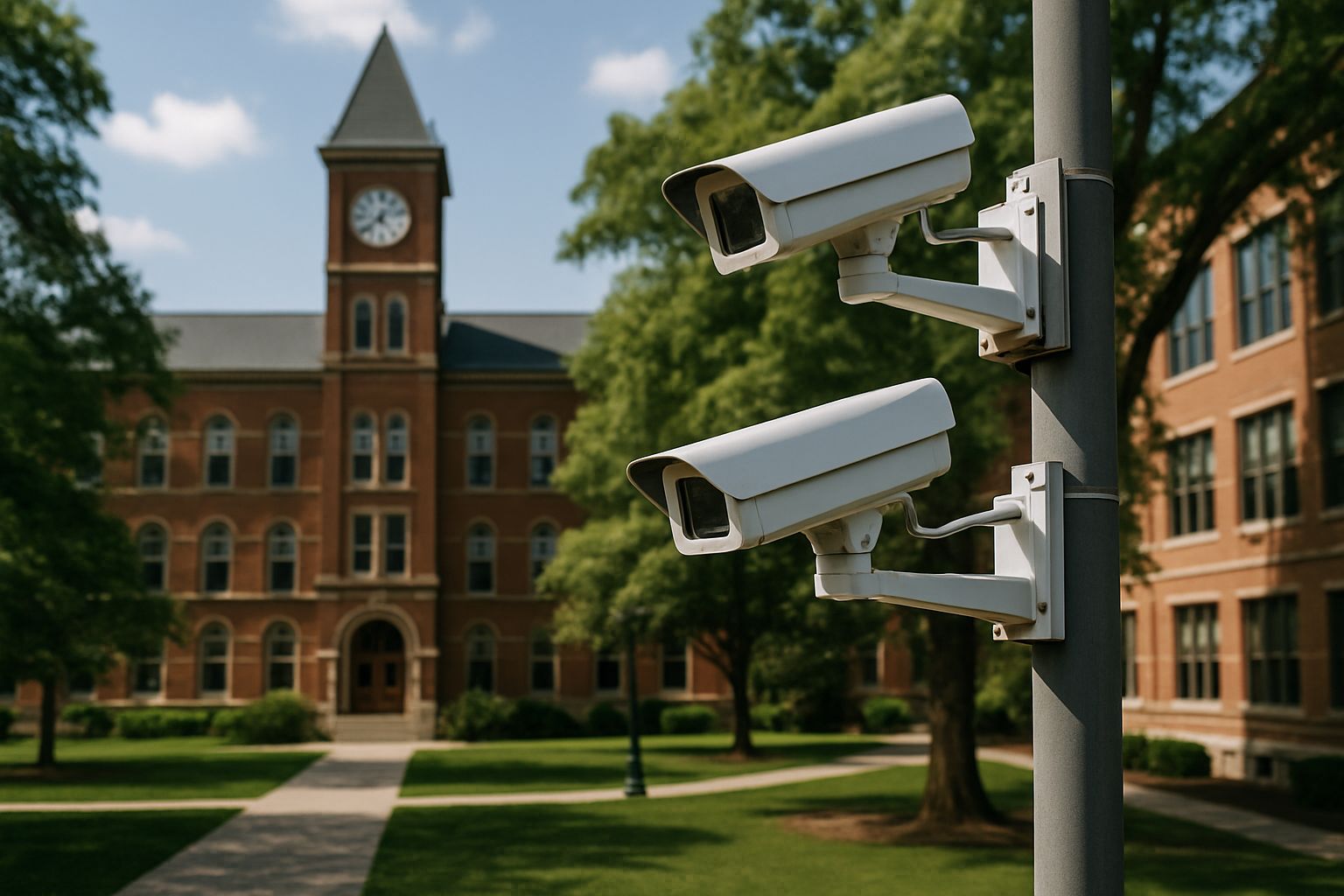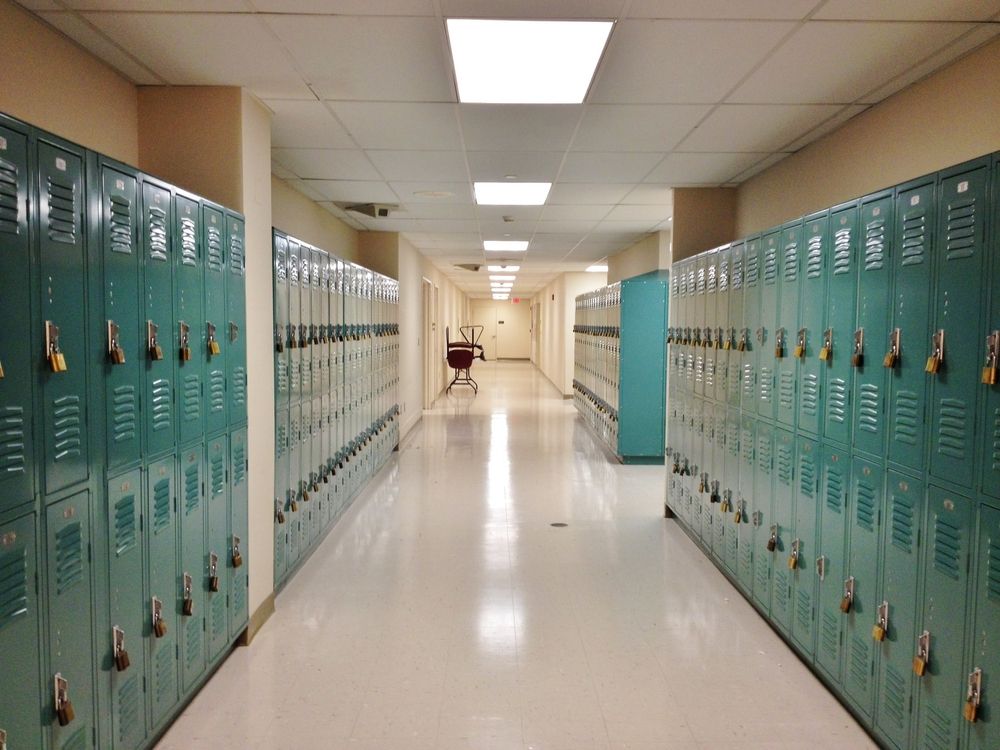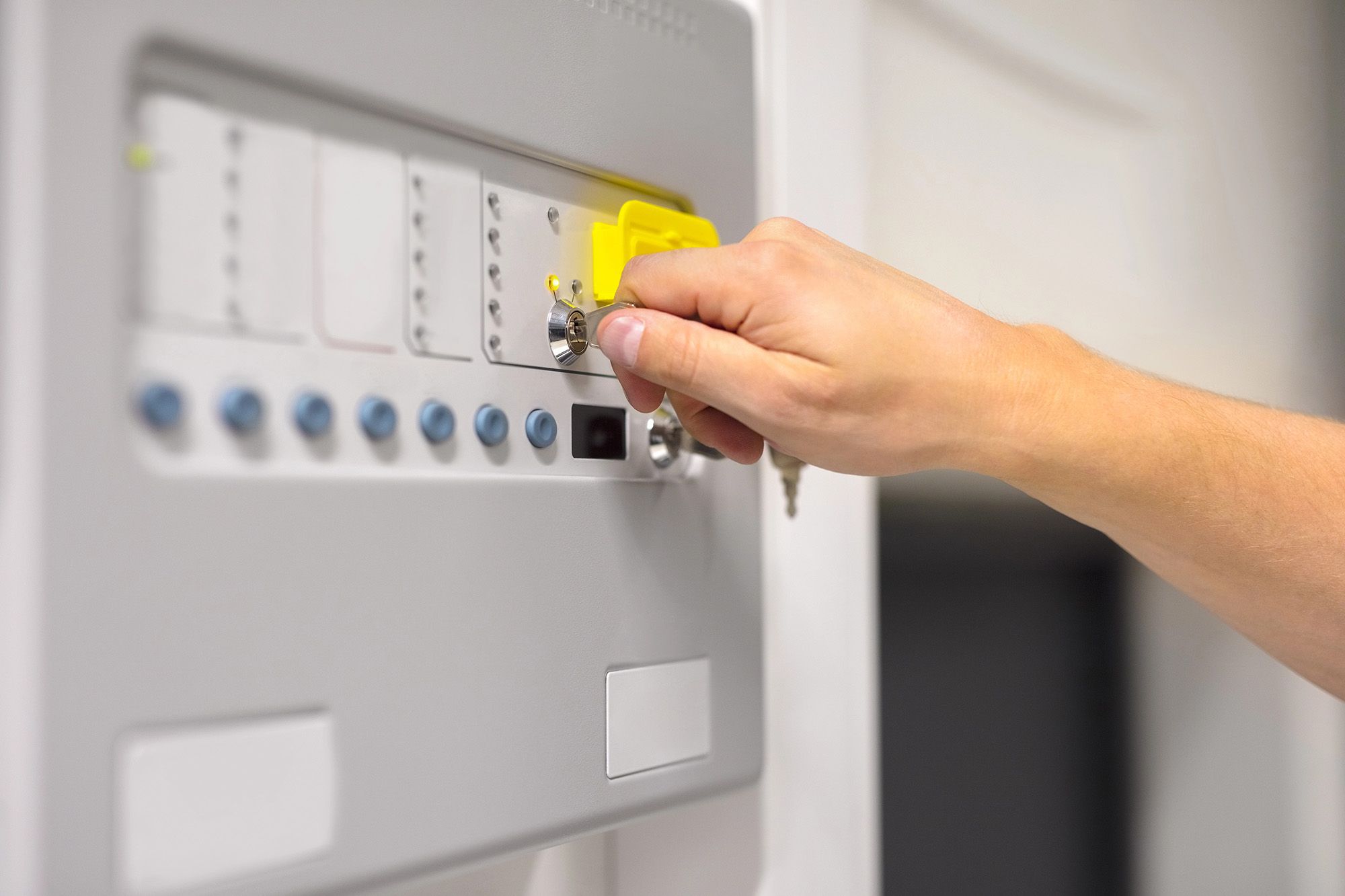Boston’s medical research facilities represent some of the most sensitive and valuable targets in the healthcare industry. From Boston Medical Center’s groundbreaking clinical trials to Massachusetts General Hospital’s cutting-edge research programs, these institutions require specialized security personnel who understand both the unique challenges of healthcare environments and the critical importance of protecting life-saving research.
Security guards working in Boston’s medical and research facilities face responsibilities far beyond traditional security roles. They serve as the first line of defense against threats ranging from theft of controlled substances to potential bioterrorism attempts, while simultaneously ensuring that legitimate medical operations continue without disruption.
The Critical Role of Medical Facility Security Guards
Beyond Traditional Security: Healthcare-Specific Responsibilities
Security guards in Boston medical facilities must balance multiple competing priorities that don’t exist in other industries. They protect patients who may be vulnerable or in distress, secure valuable medical equipment and pharmaceuticals, control access to sensitive research areas, and maintain order during medical emergencies — all while projecting a calm, professional demeanor that supports the healing environment.
The stakes are particularly high in research facilities where guards may be protecting materials worth millions of dollars or research that could impact global health outcomes. A security breach in these environments doesn’t just mean financial loss — it could set back critical medical advances by years.

Specialized Training Requirements for Medical Security Personnel
Security guards working in Boston’s medical and research facilities undergo extensive specialized training that goes far beyond basic security certification. The Boston Public Health Commission requires guards working in facilities with biological materials to complete additional biosafety training, while those protecting select agent laboratories must receive clearance from the Department of Justice.
Core Training Components Include:
- Healthcare environment protocols and patient privacy laws
- Biosafety procedures and personal protective equipment use
- Emergency medical response and evacuation procedures
- De-escalation techniques for dealing with patients and families under stress
- Recognition of suspicious activities specific to medical facilities
Regulatory Requirements Shaping Security Guard Operations
Federal Oversight Creates Strict Standards
Security guards working with facilities that handle select agents must meet Federal Select Agent Program requirements, including FBI background checks and ongoing monitoring. This creates a tier of elite security personnel who undergo the same screening as researchers working with the most dangerous biological materials.
The Department of Health and Human Services requires that any individual entering areas containing select agents must either have security clearance or be escorted by cleared personnel at all times. This means security guards often serve as escorts for maintenance workers, visitors, and other non-cleared individuals, adding a layer of complexity to their daily responsibilities.
Boston Public Health Commission Standards
The BPHC has established specific requirements for security personnel working in biological research facilities. Guards must demonstrate understanding of:
- Proper protocols for biological waste handling areas
- Emergency notification procedures specific to biological incidents
- Access control procedures for different biosafety levels
- Communication protocols with city emergency responders
State-Level Requirements Add Complexity
Massachusetts regulations require security guards in medical facilities to understand state-specific protocols for handling medical emergencies, controlled substance security, and patient privacy protection under both federal HIPAA laws and state healthcare privacy regulations.
Physical Security Operations: What Guards Actually Do
Access Control: The Foundation of Medical Security
Security guards in Boston medical facilities operate sophisticated access control systems that go far beyond checking IDs. Modern systems require guards to:
Verify Multiple Authentication Factors:
- Photo identification matching
- Biometric verification oversight
- Security clearance level confirmation
- Real-time database checks against watch lists
Manage Complex Visitor Protocols:
- Patient visitor screening during restricted hours
- Researcher escort assignments for secure areas
- Vendor and contractor authorization verification
- Emergency responder coordination during incidents
Patrol Operations in Sensitive Environments
Medical facility patrols require guards to navigate environments where their presence must be felt but not disruptive. Guards conduct regular sweeps of:
High-Value Areas:
- Pharmaceutical storage and dispensing areas
- Medical equipment storage rooms
- Research laboratories and data centers
- Patient care areas with expensive monitoring equipment
Security-Critical Zones:
- Emergency department entrances and waiting areas
- Laboratory access points and loading docks
- Administrative areas containing sensitive patient data
- Parking structures and perimeter boundaries
Emergency Response Coordination
When emergencies occur in medical facilities, security guards often serve as the communication hub between internal staff and external emergency responders. Boston Medical Center’s recent implementation of security screening in their Emergency Department demonstrates how guards have become integral to patient flow and safety protocols.
Guards must be prepared to respond to:
- Medical emergencies requiring immediate evacuation routes
- Security incidents that could compromise patient care
- Biological incidents requiring specialized hazmat response
- Active threat situations requiring lockdown procedures
Specialized Roles for Different Facility Types
Hospital Security Guards: Patient-Focused Protection
Guards working in Boston’s major hospitals like Massachusetts General and Boston Children’s Hospital face unique challenges related to patient care environments. They must balance security needs with creating a welcoming atmosphere for patients and families dealing with medical crises.
Key Responsibilities Include:
- Managing visitor access during emergencies and after-hours
- Controlling access to sensitive areas like ICUs and maternity units
- Responding to behavioral health incidents with de-escalation techniques
- Coordinating with medical staff during security-related patient issues
Research Facility Security: Protecting Scientific Assets
Guards protecting research facilities face different challenges focused on intellectual property protection and regulatory compliance. Boston University’s National Emerging Infectious Diseases Laboratories requires guards with the highest security clearances due to the facility’s BSL-4 capabilities.
Specialized Duties Include:
- Monitoring access to laboratories containing valuable research materials
- Ensuring proper protocols for hazardous material transportation
- Maintaining detailed logs required for regulatory compliance
- Coordinating with federal agencies during inspections and audits
Clinical Trial Security: Protecting Participant Safety
Boston’s role as a major clinical trial hub creates unique security requirements for protecting trial participants and research data. Guards must understand:
- Patient privacy requirements specific to clinical trials
- Protocols for handling adverse events during trials
- Security measures for protecting trial data and materials
- Coordination with regulatory inspectors and auditors
Technology Integration: Modern Tools for Medical Security
Advanced Surveillance Systems
Security guards in Boston medical facilities work with sophisticated surveillance technology that integrates with medical operations. Modern systems include:
Integrated Monitoring Platforms:
- Real-time video analytics that identify unusual behavior patterns
- Access control integration that tracks personnel movement
- Emergency alert systems that coordinate with medical alarms
- Mobile platforms that allow guards to monitor remotely
Communication Technology
Guards use specialized communication systems that integrate with hospital-wide communication networks, allowing them to coordinate with medical staff during emergencies while maintaining separate channels for security operations.
Biometric and Access Control Systems
Modern medical facilities require guards to operate complex access control systems that may include:
- Fingerprint and retinal scanners for high-security areas
- Smart card systems with real-time database verification
- Visitor management systems that track and log all facility access
- Emergency override systems for medical emergencies
Personnel Requirements: Who Can Work Medical Security
Background Check Requirements
Security guards working in Boston medical facilities undergo more extensive background checks than traditional security personnel. The requirements vary by facility type:
Standard Medical Facility Guards Need:
- State security license with clean criminal background
- Drug screening and ongoing random testing
- Medical clearance for exposure to biological materials
- HIPAA privacy training certification
Select Agent Facility Guards Require:
- FBI background investigation and security clearance
- Department of Justice approval for access to dangerous materials
- Specialized biosafety training and annual recertification
- Ongoing monitoring and reporting requirements
Physical and Mental Health Standards
Medical facility security work requires guards who can handle the stress of healthcare environments while maintaining peak physical condition for emergency response. Requirements include:
- Physical fitness standards for emergency evacuation assistance
- Mental health screening for dealing with patient care environments
- Medical surveillance for guards exposed to biological materials
- Stress management training for high-pressure situations
Continuing Education Requirements
Guards working in medical facilities must complete ongoing training that keeps pace with evolving healthcare security threats and regulatory requirements. Annual training includes:
- Updates on emerging security threats specific to healthcare
- New technology training for security system upgrades
- Medical emergency response technique updates
- Regulatory compliance training for changing requirements
Career Opportunities and Advancement
Entry-Level Positions
Starting positions for medical facility security guards in Boston typically require:
- High school diploma or equivalent
- Basic security training certification
- Clean background check and drug screening
- Customer service experience preferred
Typical Starting Salaries:
- Hospital security guards: $18–22 per hour
- Research facility guards: $20–25 per hour
- Select agent facility guards: $25–30 per hour
Advanced Positions and Specializations
Experienced guards can advance to specialized roles:
Security Supervisors oversee multiple guards and coordinate with facility management Training Coordinators develop and deliver security training programs Emergency Response Specialists focus on crisis management and coordination Compliance Officers ensure adherence to complex regulatory requirements
Professional Development Opportunities
Boston’s concentration of medical facilities creates excellent opportunities for career advancement. Guards can pursue additional certifications in:
- Healthcare security management
- Emergency management and response
- Biosafety and hazardous materials handling
- Law enforcement and criminal justice
Challenges and Rewards of Medical Security Work
Unique Challenges
Working security in medical facilities presents challenges not found in other industries:
Emotional Demands: Guards regularly encounter patients and families in crisis situations requiring exceptional interpersonal skills and emotional resilience.
Regulatory Complexity: The multi-layered regulatory environment requires guards to stay current with federal, state, and local requirements that change frequently.
High-Stakes Environment: Mistakes in medical facility security can have life-or-death consequences, creating constant pressure to perform flawlessly.
Professional Rewards
Despite the challenges, medical facility security offers unique rewards:
Meaningful Work: Guards directly contribute to patient safety and medical research that saves lives worldwide.
Professional Growth: The complex requirements create opportunities for skill development and career advancement.
Job Security: The critical nature of healthcare security creates stable, long-term employment opportunities.
Competitive Compensation: Specialized requirements and high stakes translate to above-average wages for security personnel.
Best Practices for Medical Facility Security Guards
Building Effective Relationships
Success in medical facility security requires building positive relationships with:
Medical Staff: Understanding their priorities and working collaboratively during emergencies Patients and Families: Providing reassurance and assistance while maintaining security protocols Regulatory Officials: Demonstrating compliance and professionalism during inspections Fellow Security Personnel: Maintaining clear communication and coordination
Staying Current with Evolving Requirements
Medical facility security guards must commit to continuous learning:
- Regular review of updated security protocols and procedures
- Participation in ongoing training programs and professional development
- Staying informed about emerging threats and security technologies
- Maintaining required certifications and clearances
Emergency Preparedness
Guards must be prepared for various emergency scenarios:
- Medical emergencies requiring immediate response coordination
- Security incidents that could disrupt patient care
- Natural disasters requiring facility evacuation
- Biological incidents requiring specialized response protocols
Conclusion: A Career That Makes a Difference
Security guards working in Boston’s medical and research facilities serve as the unsung heroes protecting some of the world’s most important healthcare infrastructure. Their work goes far beyond traditional security roles, requiring specialized knowledge, advanced training, and the highest levels of professionalism.
For individuals considering a career in medical facility security, Boston offers unparalleled opportunities to work with world-class institutions while contributing to medical advances that benefit humanity. The challenging requirements are matched by competitive compensation, job security, and the satisfaction of knowing your work directly contributes to saving lives and advancing medical science.
The future of medical facility security will continue to evolve with new technologies, emerging threats, and changing regulations. Guards who commit to continuous learning and professional development will find rewarding careers protecting the institutions that are pushing the boundaries of medical knowledge and patient care.
Whether you’re starting your security career or looking to specialize in healthcare security, Boston’s medical research facilities offer the opportunity to be part of something truly meaningful — protecting the people and institutions working to improve human health around the world.




